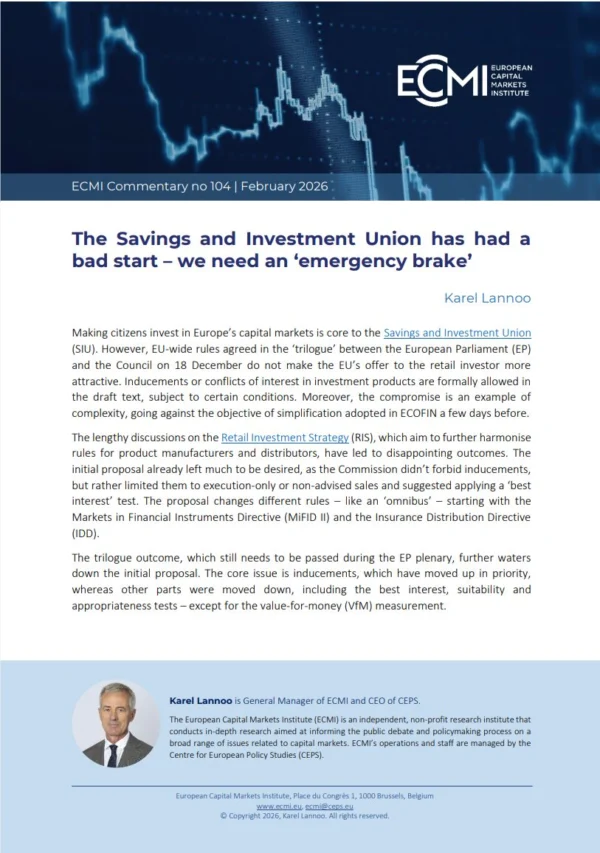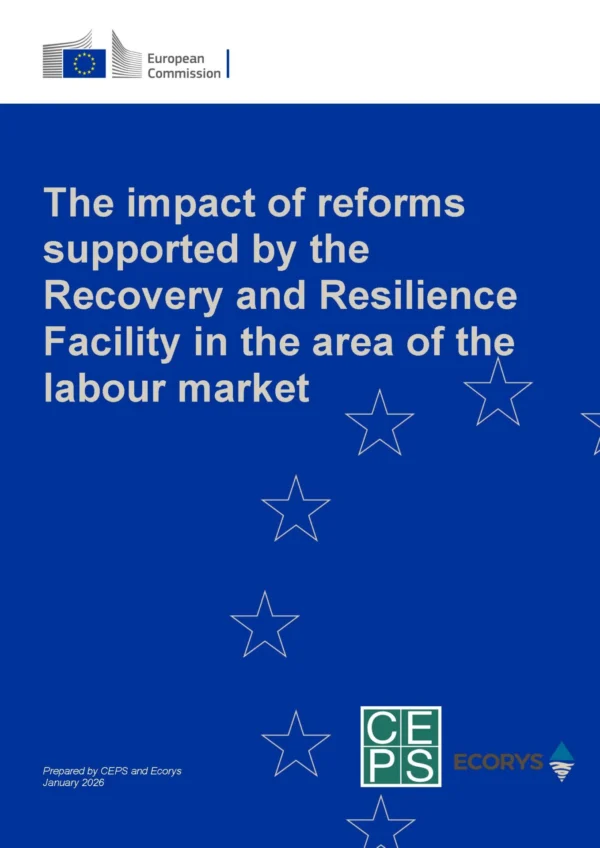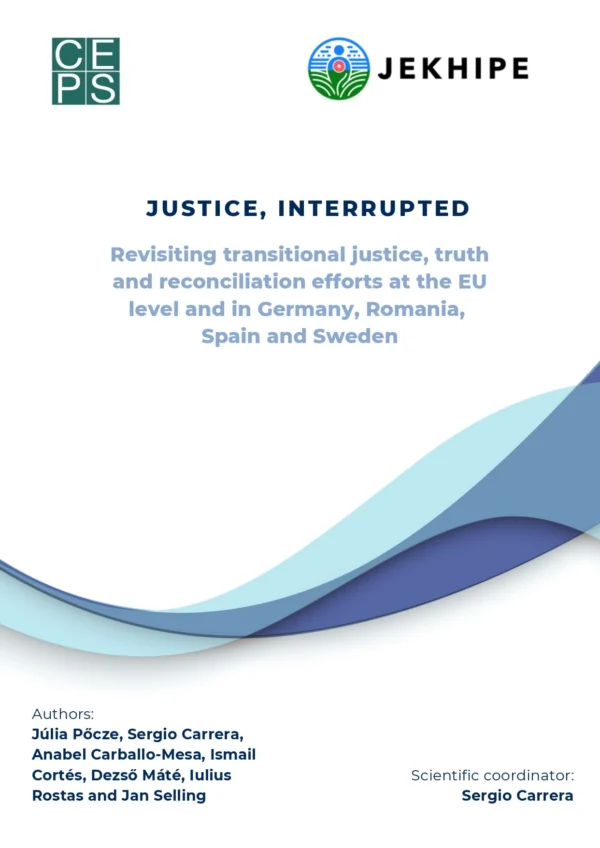European Network of Economic Policy Research Institutes (ENEPRI) Research Report No. 24 / 27 pages
Estimates of the labour supply effects of recent UK reforms in the area of direct taxes and benefits show that policy can have a significant influence on the level of employment. We confirm this in a simulation of an in-work support system introduced into the German tax and benefit system. Our simulation results suggest that introducing in-work tax credits in Germany would increase the employment of single individuals by over 100,000 but it would simultaneously reduce the labour supply of individuals in couples by about 70,000. We find that tax credits would cause significant declines of labour supply among both women and men in two-earner couples. The outcome derived for men in this study is especially important as it is markedly different from all results found for the UK, where the overall response for men has always been positive. Our estimation results call for a high degree of caution insofar as ‘importing’ UK-style tax credits into Germany is concerned. In-work support based on family income would reinforce the existing work disincentives for secondary earners through joint income taxation, reducing the employment levels of both men and women living in couples.












